-
Closing statements: Day 2 – Circular Firing Squad
 Read More…: Closing statements: Day 2 – Circular Firing Squad
Read More…: Closing statements: Day 2 – Circular Firing SquadThere were some good points made today, but the main one was a big shrug – “not me, mate”. In this blog post I’m going to focus on what was said by the various core participants’ barristers. For more on what it was like to be there and why there’s a basket full of chocolate brussel sprouts on the Inquiry ante-room island, please subscribe to my newsletter (details below or here), which I’ll aim to get out tomorrow. For the first time in a while, the hearing room was full, with a decent complement of journalists, lots of Subpostmasters, lawyers…
-
Closing statements: Day 1
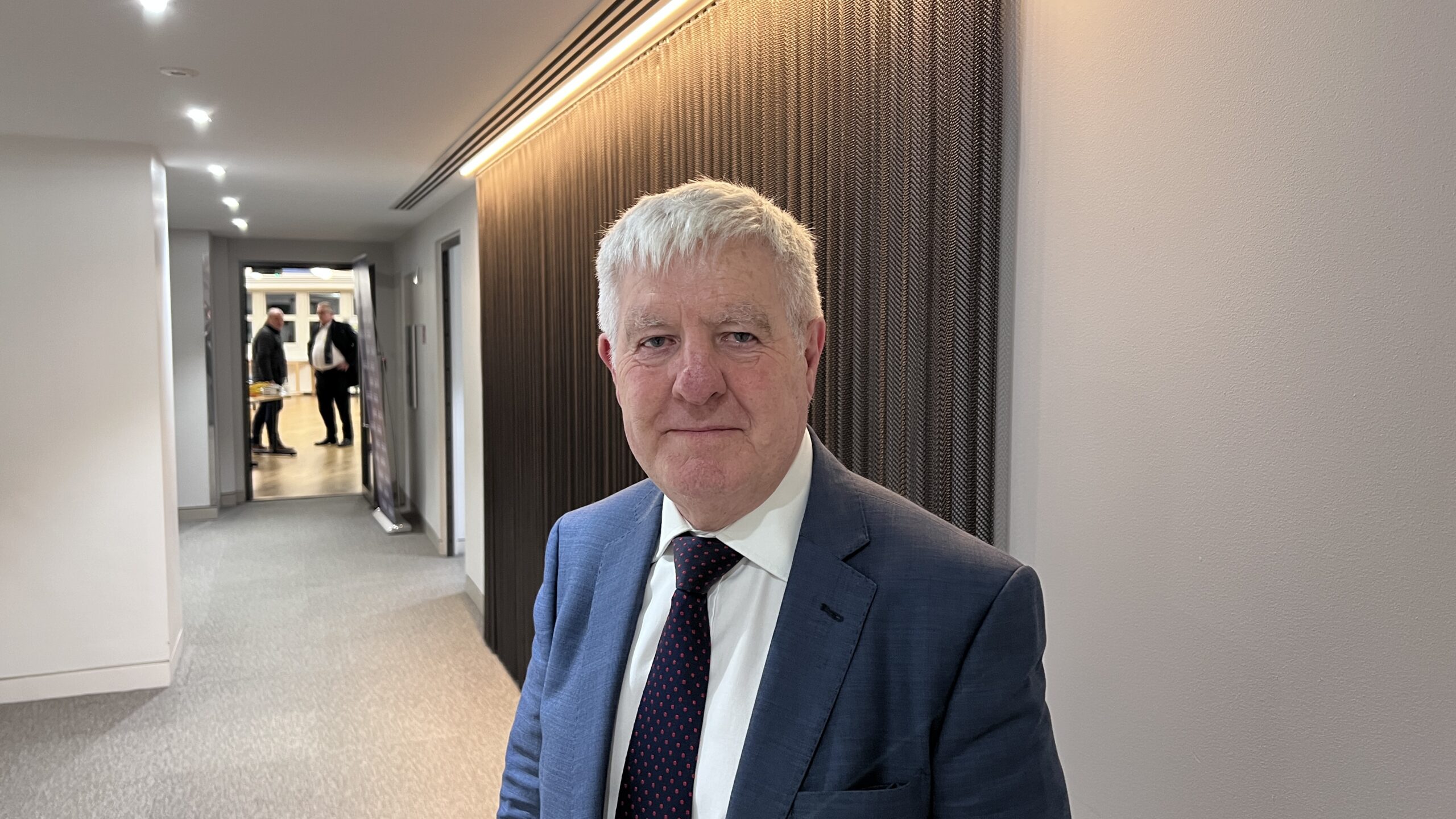 Read More…: Closing statements: Day 1
Read More…: Closing statements: Day 1The hearing room was packed today as Subpostmasters, their supporters, lawyers, journalists and members of the public attended a long day of submissions at Aldwych House in London. First out of the blocks was Ed Henry KC who sought to draw the line of conspiracy upwards through the executive to the Post Office board. Henry spoke of the Post Office’s “inveterate contempt” for Subpostmasters, its “corrosive prejudice” against them and said the former Chair Alice Perkins with her henchman Chief Executive Paula Vennells knew exactly what they were doing: “They wanted to keep the lid on it, and the lawyers…
-
New book now on pre-sale: The Great Post Office Cover-Up
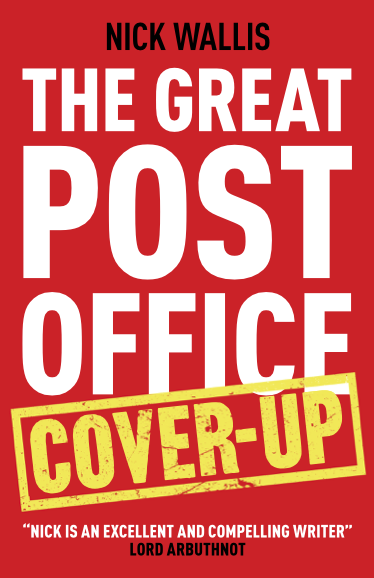 Read More…: New book now on pre-sale: The Great Post Office Cover-Up
Read More…: New book now on pre-sale: The Great Post Office Cover-UpUPDATE on 2 June 2025: all limited edition SIGNED hardbacks have now sold out. You can still pre-buy a hardback for £15 +P&P below (which will be cheaper than the publication price), but it won’t be part of the signed and numbered limited editions. Thanks to everyone who put their money down. Hopefully you’ll have something in your hands by the end of this year! ORIGINAL POST FOLLOWS: I am delighted to announce I have struck a deal with Bath Publishing’s new-ish Cinto imprint to write another book about the Post Office scandal. This one will be called The Great…
-
Issy Hogg
 Read More…: Issy Hogg
Read More…: Issy HoggIssy Hogg, the criminal defence solicitor for Subpostmasters Jo Hamilton and Seema Misra, has sadly passed away. She was 64 years old. Issy (pronounced “Izzy”) was diagnosed with terminal cancer in March 2020, just before the first Covid lockdown. She was given six months to live – perhaps longer with some challenging treatment. Issy decided to take the treatment and live life to the fullest, documenting her “odyssey” on Facebook and in an extraordinary self-published book, Covid Cancer Craic: Coping with a death sentence through memories and laughter, which is available on Amazon. On 26 November, Seema Misra wrote on…
-
Proposed amendment to legal presumption about the reliability of computers
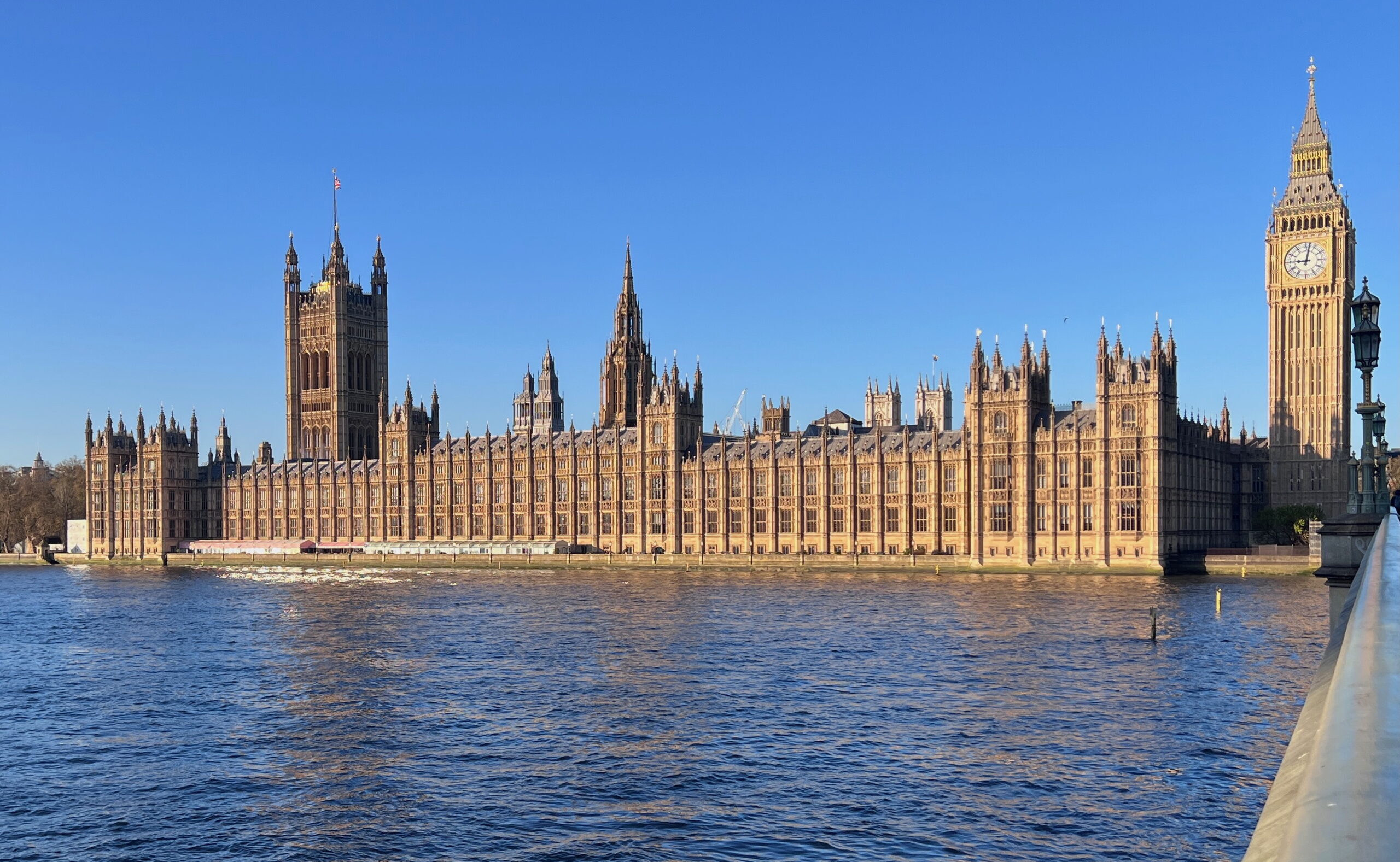 Read More…: Proposed amendment to legal presumption about the reliability of computers
Read More…: Proposed amendment to legal presumption about the reliability of computersI am grateful to the journalist Tom Webb, who specialises in data protection, for alerting me to an amendment to the Data (Use and Access) Bill, currently going through the House of Lords. It concerns the legal presumption that “mechanical instruments” (which seems to be taken to include computer networks) are working properly if they look to the user like they’re working properly. This has come in for quite a kicking in recent years. I was first alerted to it in 2013 by the barrister Stephen Mason. Mason has spent longer than a decade telling anyone who will listen it…
-
Dame Sandra Dawson vs Paula Vennells’ lawyer
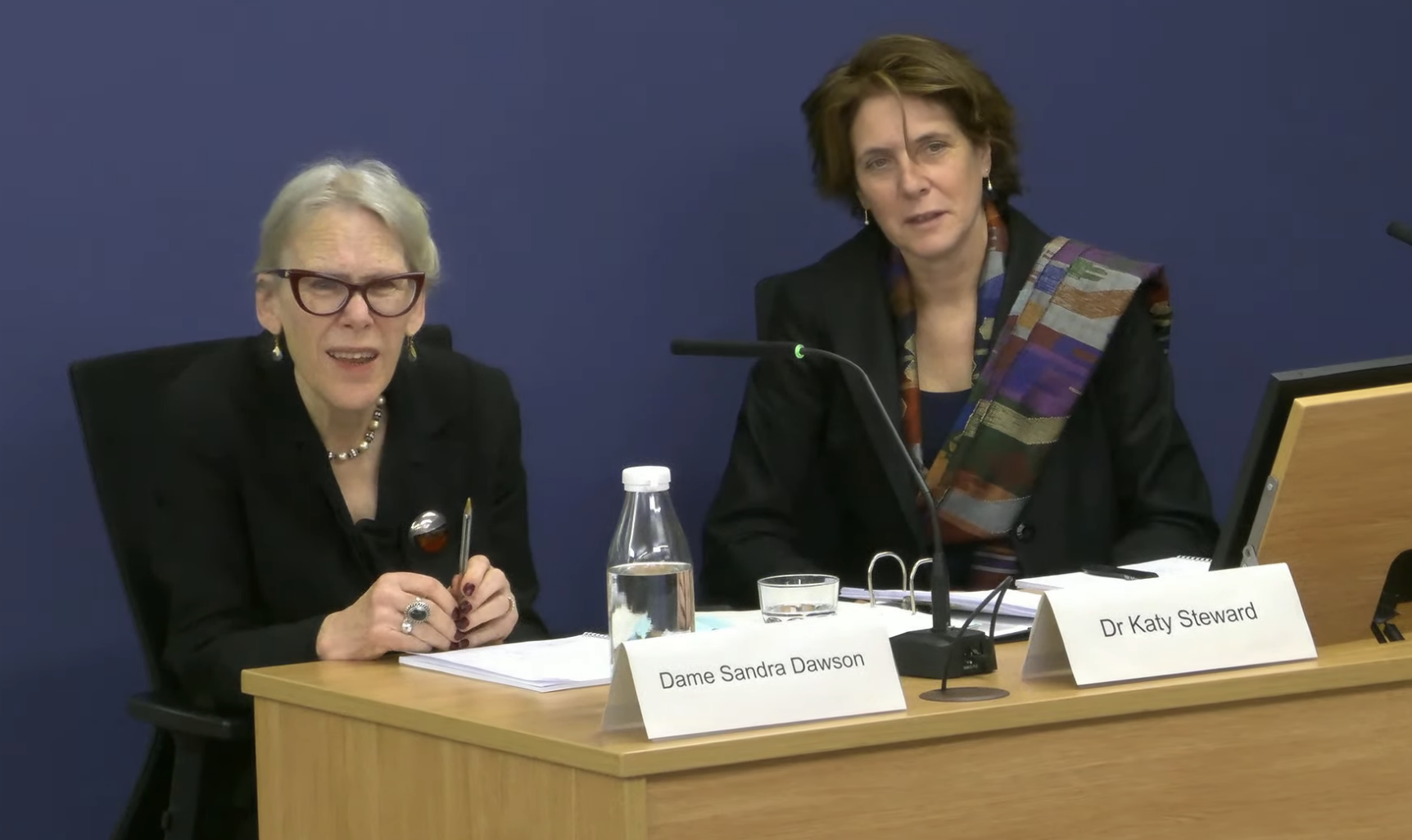 Read More…: Dame Sandra Dawson vs Paula Vennells’ lawyer
Read More…: Dame Sandra Dawson vs Paula Vennells’ lawyerI am publishing this blog post largely as an excuse to use one of my favourite screenshots of the entire Inquiry. See above. Corporate governance experts Dame Sandra Dawson and Dr Katy Steward wrote two lengthy reports about the Post Office’s corporate governance responsibilities and failings when it came to the scandal. On 12 and 13 November they were invited to answer questions about them. For a deep dive into their findings, please read this forensic and frankly much more sensible substack post by Professor Richard Moorhead. For those of you who sometimes just like a snapshot of esoteric weirdness,…
-
Post Office Inquiry costs to top £50m
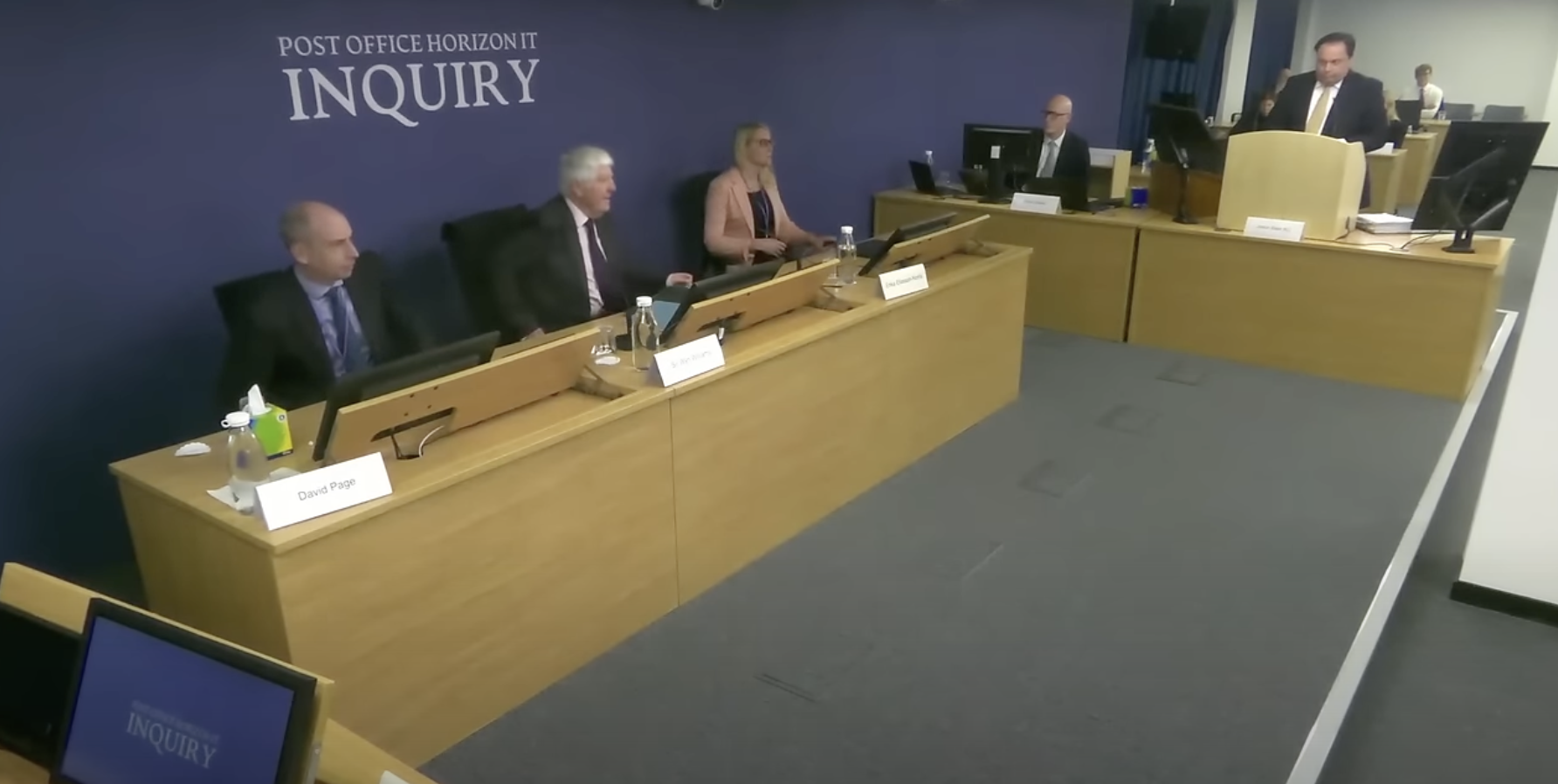 Read More…: Post Office Inquiry costs to top £50m
Read More…: Post Office Inquiry costs to top £50mThe cost of the Post Office Horizon IT Inquiry is likely to be well over £50,000,000. Reports for the last financial year alone reveal the Inquiry cost £26,198,625 to run, more than the previous three years combined. Figures quietly published on the Inquiry website show that in the twelve months to the end of March 2024, £8m was spent on Inquiry lawyers (with a generous £1.7m going to the Chair, Sir Wyn Williams, and his assessors). Core participant lawyers cost a further £6,149,696 with “external document review lawyers” costing £5,523,680. The first three years of the Inquiry’s existence to the…
-
Chris Head: an open letter to Gareth Thomas, Post Office minister
 Read More…: Chris Head: an open letter to Gareth Thomas, Post Office minister
Read More…: Chris Head: an open letter to Gareth Thomas, Post Office ministerIn 2006, Chris Head became Britain’s youngest Subpostmaster at the age of 18. He was given the keys to the West Bolden branch near Sunderland. According to an interview he gave to The Sun newspaper, Chris had small discrepancies from the start of his tenure. In 2014, Chris says the Post Office’s Horizon IT system at his branch “went out of control“. One week Chris had a £40,000 shortfall. Within a few weeks it had more than doubled to £88,000. Chris was suspended in 2015 and the Post Office pursued him through the civil courts for the cash they say…
-
Lisa Busch KC
 Read More…: Lisa Busch KC
Read More…: Lisa Busch KCLisa Busch KC, one of the most significant unsung heroes in the Post Office scandal, has died after a short illness. Busch represented former Subpostmasters Seema Misra, Janet Skinner and Tracy Felstead at the Court of Appeal Hamilton hearings in 2021 after the barrister Paul Marshall and his junior Flora Page were forced to stand down. It was Busch’s advocacy, using arguments grounded in Marshall and Page’s work, which persuaded the Court of Appeal that the Post Office perpetrated a Category 2 abuse of process in its prosecution of innocent people. I watched Ms Busch make her arguments in court…
-
Kemi Badenoch: I’m Great
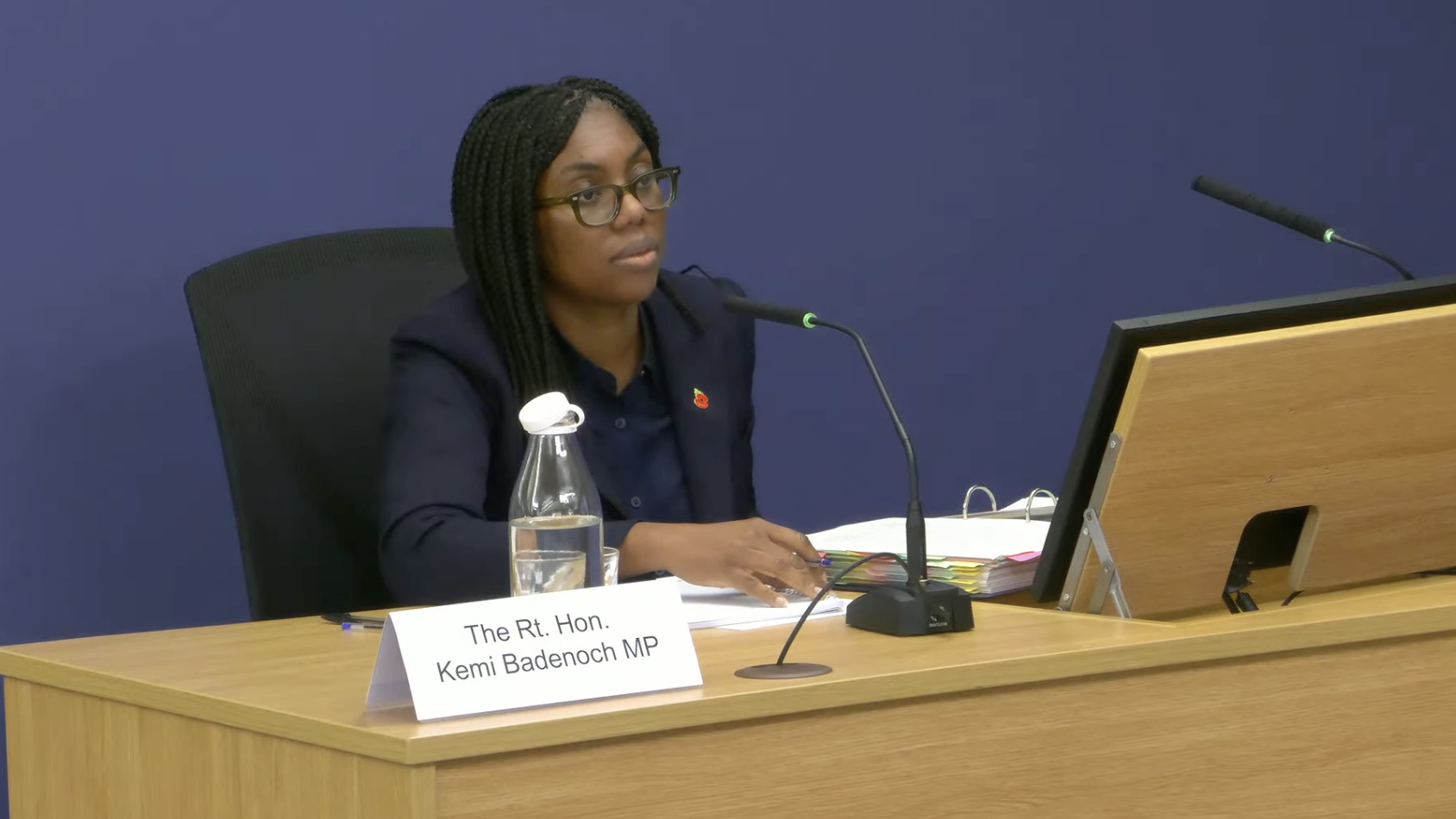 Read More…: Kemi Badenoch: I’m Great
Read More…: Kemi Badenoch: I’m GreatThe Kemi Badenoch Show came to the Post Office Horizon IT Inquiry today, along with significant media interest and attendance from a good number of Subpostmasters in the hearing room. Badenoch, as leader of the Conservative Party, is a potential future Prime Minister. She was, until July this year, the Business Secretary. Badenoch had the advantage of becoming (on 7 Feb 2023) a senior minister with responsibility for the Post Office whilst the public inquiry was already up and running. That meant she knew she would be questioned on oath about every single email and pronouncement she made whilst in…
Archives
- ▼2026
Most Popular
Tags
Alan Bates alice perkins Andrew Winn Andy Dunks Andy Parsons angela van den bogerd Bates v Post Office BBC Bonusgate CCRC Chris Aujard Chris Head Clarke Advice DBT False Accounts Fujitsu Gareth Jenkins Grabiner HCAB Horizon Hugh Flemington Inquiry Interim Report Janet Skinner Jarnail Singh Kevin Hollinrake Lee Castleton Lord Arbuthnot Neuberger Nicki Arch Nick Read Noel Thomas Paula Vennells Paul Marshall Post Office Receipts and Payments mismatch bug Rob Wilson Rod Ismay Rodric Williams Second Sight Seema Misra ShEx Simon Clarke Susan Crichton Tracy Felstead
Categories
- Appeals (19)
- Blog (17)
- Book (11)
- Civil litigation (49)
- Compensation (44)
- Corporate (23)
- Fujitsu (34)
- Inquiry (121)
- IT (40)
- Live Events (6)
- Podcast (7)
- Police investigation (13)
- Prosecutions (48)
